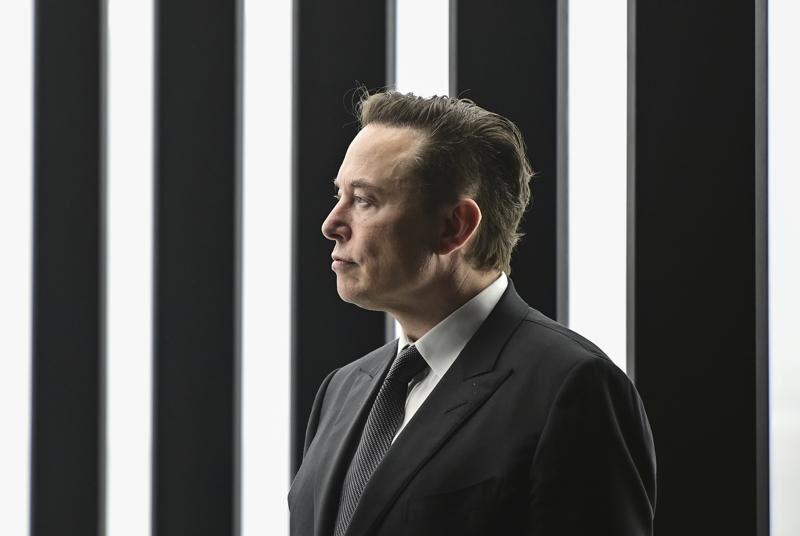This column is part of a Head to Head. Read the opposing view here.
Elon Musk bought Twitter.
His reasoning for doing so was simple: He thought that censorship had become rampant on the platform.
The thought first crossed Musk’s mind after the Babylon Bee’s account was suspended in March. Musk reached out to Seth Dillon, the CEO, who confirmed they’d been suspended. Musk reportedly mused that he might need to buy Twitter.
Musk ran a Twitter poll shortly after, stating, “Free speech is essential to a functioning democracy. Do you believe Twitter rigorously adheres to this principle?”
70% of the 2 million respondents said no.
Musk views Twitter as the de facto town square and, thus, a pivotal tool of democracy. After all, the town square is where you go to air your grievances about the government, which is as American as it gets. Freedom of speech allows us to speak out against tyranny and corruption.
Our founders spoke profoundly of this dynamic.
The Declaration of Independence stated that when a “long train of abuses and usurpations” threatens citizens with “despotism, it is their right, it is their duty to throw off such government, and to provide new guards for their future security.”
Musk saw that and did something about it.
Our current legal framework hasn’t caught up to the internet, and how can we blame it? Laws don’t move at the speed of the internet. But our Constitution was written with certain fundamental freedoms in mind, the most important being the ability to say what you think.
Since Twitter is our modern-day public square, Musk argues, it should fall under the purview of public forum law and also under common carrier law, which says that communication and transportation businesses like phone lines and airlines can’t discriminate against you without an extraordinarily compelling reason because they provide a necessary common good.
Following common carrier precedents and public forum precedents would be much better than what Twitter is currently regulated under, which is Section 230, a part of the Communications Decency Act.
One clause of Section 230 says that “[n]o provider or user of an interactive computer service shall be treated as the publisher or speaker of any information provided by another information content provider,” which makes sense. If you own a website, you shouldn’t be held responsible for the crazy words someone else says.
But Section 230 goes too far. Another clause allows companies to censor and restrict comments or speech on the platform if it’s deemed in good faith that the provider views it as “obscene,” “violent” or “otherwise objectionable,” among other things.
What if the provider thinks that saying the United States had no evidence of weapons of mass destruction in Iraq is obscene? Or what if they’re a Christian and believe that sex before marriage is objectionable?
Pandora’s box has been opened.
In short, that clause of Section 230 steps right over the First Amendment and allows companies to define what they believe is appropriate speech.
In a recent tweet, Musk said that “[t]here is currently great danger that social media will splinter into far-right-wing and far-left-wing echo chambers that generate more hate and divide our society.”
By allowing social media companies to choose what they think is appropriate speech selectively, they will come to reflect the opinions of those who run them. Most of Silicon Valley leans left, and at places like Parler and Truth Social, the employees typically lean right. Their platforms reflect these realities.
Our founding fathers feared that the fall of our republic would come from its citizens splintering into factions and putting party over country. This fall would be accelerated by a lack of free speech in public forums.
By allowing free speech in accordance with the values of the Constitution and by treating Twitter like the public forum it is, Musk will stop that splintering our founders feared.
Brandon Poulter is a 27-year-old political science student from Baton Rouge.





